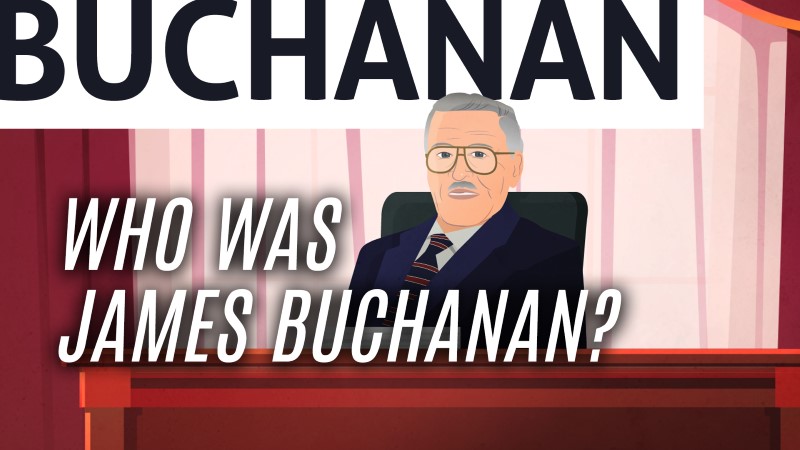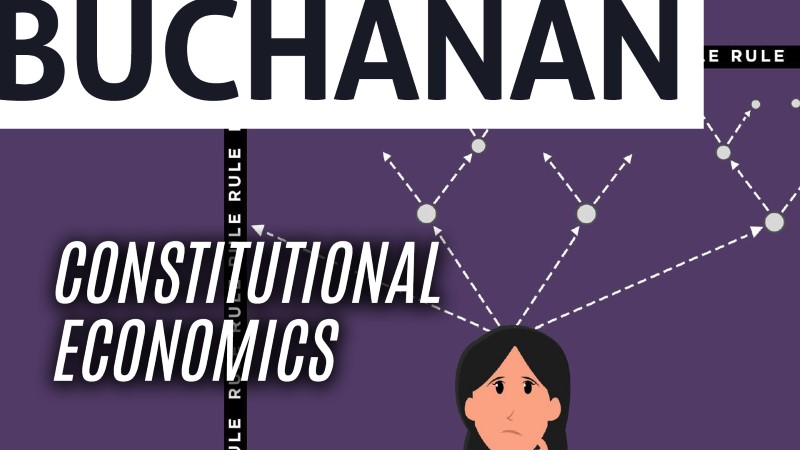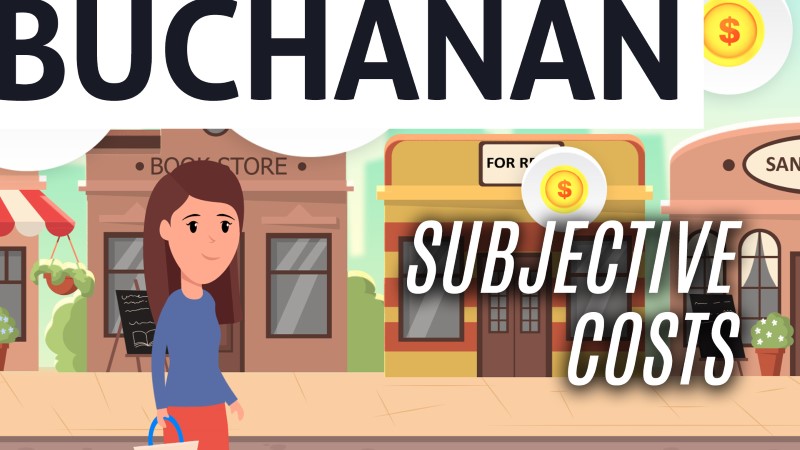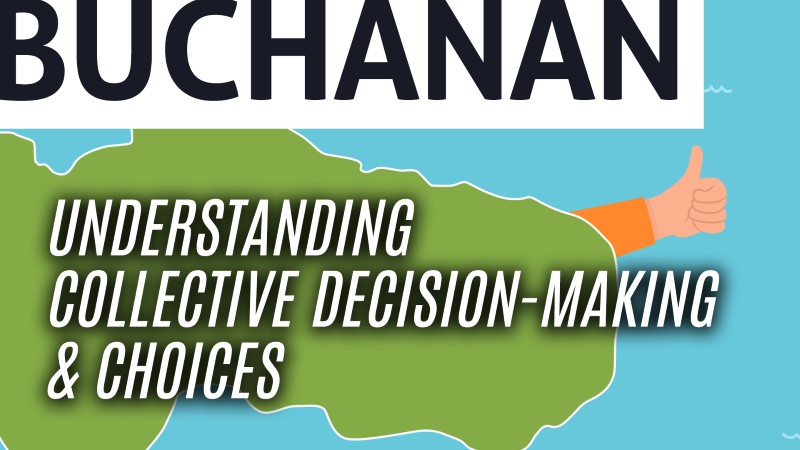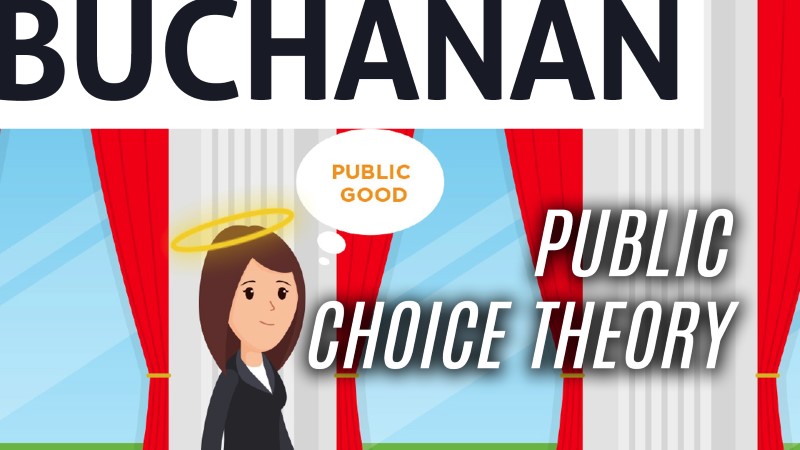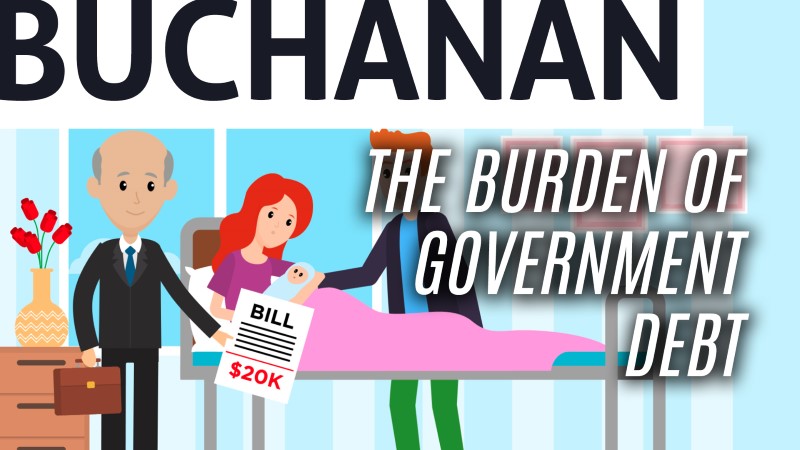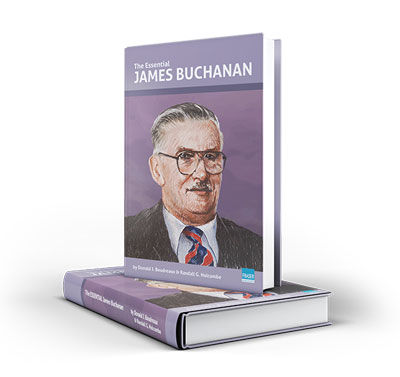by Donald J. Boudreaux and Randall G. Holcombe
James (“Jim”) McGill Buchanan (1919-2013), surely seemed an unlikely prospect for winning a Nobel Prize in Economics when he was born in rural Tennessee on October 3rd.
Many of the works on Buchanan’s extensive list of publications stemmed from a single insight from early in his career: because neither the state nor society is a singular and sentient creature, a great deal of analytical and policy confusion is spawned by treating them as such. Collections of individuals cannot be fused or aggregated together into a super-individual about whom economists and political philosophers can usefully theorize in the same ways that they theorize about actual flesh-and-blood individuals.
Aggregative thinking lumps together a great many individuals into large categories such as “the nation” or “the government” and then treats each of these categories as if it is a unitary thinking, choosing, and acting individual. Under this approach, “the social welfare” is promoted by “the government,” with the latter treated as if it’s an organism possessing a brain, and as if that brain’s main interest lies not in serving itself but, rather, in serving the nation. Overlooked are the processes—all churning with assorted incentives and constraints—that lead individuals with diverse interests to undertake actions such as forming governments, becoming government officials, and dealing with government both as citizens who receive benefits from it and who incur costs to sustain it and to affect its activities.
From the very start, nearly all of Buchanan’s lifetime work was devoted to replacing this approach with the individualistic one—a way of doing economics and political science that insists that choices are made, and costs and benefits are experienced, only by individuals.
Buchanan believed deeply that each individual is morally equal to every other individual. Because no person is superior, ethically speaking, to any other person, no person’s opinions or preferences should be given special advantage over those of other persons. He believed that this conclusion holds fast despite the undeniable fact that some individuals are smarter, or better educated, or wealthier, or higher-born than others.
James Buchanan was awarded the Nobel Prize in Economics in 1986, and formally retired from the faculty of George Mason University in Fairfax, Virginia, in 1999, though he continued to conduct seminars for graduate students for several years afterward. And he continued to be a regular presence on campus until the very end. He died in Blacksburg, Virginia, after a brief illness, on January 9th, 2013, at the age of 93.
Listen In
Listen to the Essential Scholars Explained podcast with host Rosemarie Fike in conversation with the author to discuss the James Buchanan's work which led to him winning the Nobel Prize in Economics in 1986.
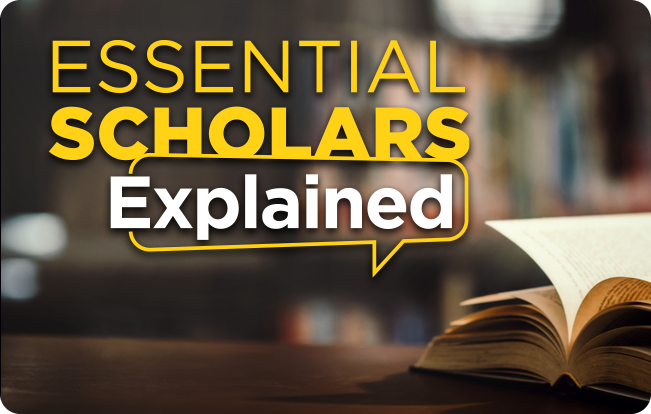
James Buchanan: Why What’s “Best For All” Doesn't Work For Everyone
Randall G. Holcombe, DeVoe Moore Professor of Economics at Florida State University and co-author of The Essential James Buchanan, joins host Rosemarie Fike to discuss the life and philosophy of economist James Buchanan, including his contributions to public choice theory. They even get into why it is that government officials struggle to have the right information and the right personal incentive to make optimal decisions for society.
James Buchanan: Self Interest & Rational Ignorance
Randall Holcombe, DeVoe Moore Professor of Economics at Florida State University and co-author of The Essential James Buchanan, joins host Rosemarie Fike once again to break down how economist James Buchanan's contributions to public choice theory remain relevant in today's world, specifically what it means to be "well-informed" how that informs voter logic--critical election or small.
Download the Book
Get a digital copy of the book. Choose the version you prefer below.
Explore the Book
Chapter by chapter summary of the book.
-

Chapter 1
The “Organismic” versus the Individualistic Conception of Collective Choice
The great majority of the many comments, speeches, articles, and books that Buchanan wrote over the course of his long scholarly career is an outgrowth of the fundamental insights that he offered in 1949.
Most foundational among these 1949 insights is this: because neither the state nor society is a singular and sentient creature, a great deal of analytical and policy confusion is spawned by treating them as such. Collections of individuals cannot be fused or aggregated together into a super-individual about whom economists and political philosophers can usefully theorize in the same ways that they theorize about actual flesh-and-blood individuals. Two or more people might share a common interest and they might—indeed, often do—join forces to pursue that common interest. But two or more people are never akin to a single sentient individual. A collection of individuals, as such, has no preferences of the sort that are had by an actual individual. A collection of individuals, as such, experiences no gains or pains; it reaps no benefits and incurs no costs. A collection of individuals, as such, makes no choices.
-

Chapter 2
On the Burden of Government Debt
Until John Maynard Keynes published his General Theory of Employment, Interest, and Money in 1936, most economists—from Adam Smith in the mid-eighteenth century through economists in the early twentieth century—understood that the costs of government projects funded with debt are passed on to the future generations who, as citizen-taxpayers, must repay the debt. This understanding was rejected by the new orthodoxy and replaced with the insistence that projects funded with borrowed money are, just like projects funded with currently collected taxes, paid for at the time the projects are undertaken.
-

Chapter 3
The Individualistic Approach to Fiscal Policy
Economists often depict government as an omniscient organization that implements policies to maximize social welfare. But this depiction falls short in at least two ways. First, there is no such thing as “social welfare” beyond the welfare of each of the individuals who make up the society. Second, recognizing that government is not omniscient, there is no way for policy makers to know what policies would benefit those who are affected by them beyond discovering the preferences of its citizens as revealed by those citizens themselves.
-

Chapter 4
Subjective Costs
When someone makes a choice, that person incurs a cost in the form of the value, to him or her, of what he or she forgoes as a result of making that choice. Someone who spends $15 to go to a theater to watch a movie forgoes the opportunity to spend that $15 to go to a restaurant to have lunch. Costs are often summarized in monetary terms, which obscures the fact that the true cost is not giving up the money itself, but, rather, giving up what else could have been purchased with the money.
-

Chapter 5
Clubs and Externalities
An externality exists when the actions of some people impose costs or convey benefits to others not involved in those actions. One common example is smoke from a factory that pollutes the air that nearby individuals breathe. The typical remedy suggested by economists is to tax the externality-generating activity, or if that is not feasible, to impose a regulation that reduces the external cost—the cost that’s imposed on third parties.
-

Chapter 6
Ethics and Economics
Individuals have their own goals and desires, and the purpose of economic activity is to enable them to cooperate with each other so they can further those goals. As economists depict it, individuals have “utility functions” and they make choices that enable them to maximize their utility. What this means in more common language is that individuals have their own goals, which each individual understands better than does anyone else. And the subject of economics, as Buchanan saw it, is to analyze how individuals interact for their mutual benefit in furtherance of those goals.
-

Chapter 7
Politics, Science, and Subjectivism
A major difference between the social sciences and the physical sciences is that the objects of study in the physical sciences behave exactly as prescribed by the laws of nature. The challenge in the natural sciences lies in discovering those laws. The social sciences face this same challenge—there are indeed laws of social behaviour, such as the law of demand. But in the social sciences there’s an additional challenge: Its subjects—human beings—make choices about how they will behave. Predictions in the social sciences, therefore, can never be as precise, or as replicable, as predictions in the physical sciences.
-

Chapter 8
Politics as Exchange
Individuals engage in market exchange because it is mutually advantageous for them to do so. They voluntarily agree to trade because all parties to each exchange view it as a way for each party to further his or her own individual interest. The most familiar kind of market exchange is the simple “two-party” exchange: you give me some fish in exchange for some of my bananas. But much exchange involves many individuals, each still seeking his or her own gain, consciously organizing together to pool their resources and efforts. Thus, individuals often work together through collective organizations to carry out those mutually advantageous activities. Some organizations, such as clubs and firms, are voluntary, but other kinds of collective action are taken through government. When government is used ideally, people exchange with each other politically in order to accomplish ends that they could not accomplish individually or through market exchange.
-
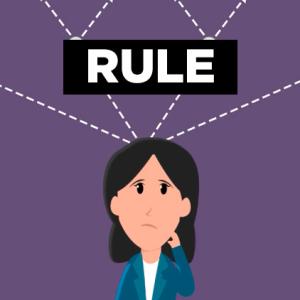
Chapter 9
Constitutional Economics
Buchanan observed that economic analysis, for the most part, examines the choices people make subject to given rules. Constitutional economics, in contrast, examines the choice of rules themselves. Buchanan calls decisions on what those rules should be “constitutional decisions,” while decisions that people make within some set of rules are called “post-constitutional decisions.” Using a sports analogy, Buchanan likens constitutional rules to the rules of the game, and post-constitutional decisions to those that are made within the rules of the game. Constitutional decisions are the decisions that determine the rules under which the game is played.
-

Chapter 10
What Should Economists Do— and Not Do?
James Buchanan devoted his presidential address to the Southern Economic Association to answering the question “What should economists do?”—also the title of his talk. To non-economists, this question probably seems silly, or at least surprising. Don’t professional economists already know what they should do? And isn’t the answer obvious—namely, study the economy?
Well, yes, of course. But what, exactly, is the economy? “The economy” is a familiar enough phrase, regularly used by economists and non-economists alike. But the very familiarity of the phrase likely inhibits those who hear it from thinking deeply about just what it refers to, and hence, about what exactly it is economists should study. Buchanan argued that economists had become seriously misled by their failure to think carefully about just what the economy is and what it does.
About the Author
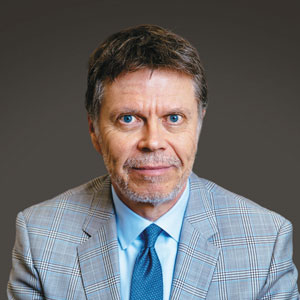
Donald J. Boudreaux
Donald J. Boudreaux is Professor of Economics at George Mason University, Senior Fellow with the F.A. Hayek Program for Advanced Study in Philosophy, Politics, and Economics at the Mercatus Center at George Mason University, and a Senior Fellow with the Fraser Institute. He is also holds the Martha and Nelson Getchell Chair for the Study of Free Market Capitalism at the Mercatus Center. He is the author of The Essential Hayek, and he blogs at cafehayek.com.
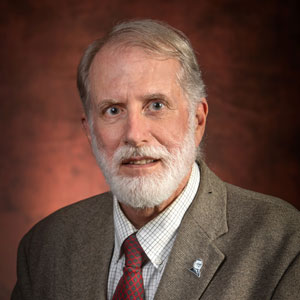
Randall G. Holcombe
Randall G. Holcombe is DeVoe Moore Professor of Economics at Florida State University. He received his Ph.D. in economics from Virginia Tech, and taught at Texas A&M University and at Auburn University prior to coming to Florida State in 1988. Prof. Holcombe is also Senior Fellow at the James Madison Institute, a Tallahassee-based think tank that specializes in issues facing state governments, and is Senior Fellow at the Independent Institute in Oakland, California. He served on Florida Governor Jeb Bush’s Council of Economic Advisors from 2000 to 2006, and is past president of the Public Choice Society and the Society for the Development of Austrian Economics. Prof. Holcombe is the author of twenty books and more than 200 articles published in academic and professional journals. His books include Political Capitalism: How Economic and Political Power Is Made and Maintained (2018) and Coordination, Cooperation, and Control: The Evolution of Economic and Political Power (2020).
Additional Resources
Listed below are links to other websites where you can learn more about James Buchanan, his theories, his written works, expert lectures, and interviews.
Listed below are links to other websites where you can learn more about James Buchanan, his theories, his written works, expert lectures, and interviews.
James M. Buchanan from Econlib
A detailed breakdown of Buchanan’s contributions to economic theory, specifically public choice theory and welfare economics, and the influence of his ideas on the role political decision-making plays in economics.
In Appreciation: James M. Buchanan from Cafe Hayek
Essential Buchanan co-author Donald J. Boudreaux’s remembrance of James Buchanan, which was printed in the Wall St. Journal on January 10, 2013.
James M. Buchanan: American Economist and Educator from Britannica.com
A short but concise biographical account of Buchanan’s life as a Nobel Prize winning economist, and the books he authored on the politician’s self-interest and governmental economic policy.
Don Boudreaux on Buchanan from the Library of Economics and Liberty
Essential Buchanan co-author Donald J. Boudreaux of George Mason University discusses the life and work of the economist James Buchanan with EconTalk host Russ Roberts.
James M. Buchanan, Jr. from Investopedia
A quick summary of Buchanan’s life and his contributions to economics, with a detailed explanation of public choice theory.
James M. Buchanan from the Library of Economics and Liberty
A detailed account of what lead to Buchanan’s interest in free market thinking, including inspiration from the writings of Knut Wicksell that contradict the mainstream view on taxation, that would eventually shape his contributions to economic theory.
James M. Buchanan, Jr. from the Independent Institute
An overview of the many titles of distinction and honorary doctoral degrees held by Buchanan, such as Emeritus University Professor of Economics in the Center for the Study of Public Choice at George Mason University; University Distinguished Professor Emeritus of Economics and Philosophy, Virginia Polytechnic and State University; and winner of the 1986 Nobel Prize in Economic Sciences.
James M. Buchanan (1919 — 2013) from the Cato Institute
A page-long description of Buchanan’s life, time as an educator and economist, and his enduring legacy in the fields of economics and political economy.
James M. Buchanan, RIP from the Cato Institute
A reflection on Buchanan’s role as one of the 20th century’s greatest proponents of limited government and free markets and contributions to economic thought through his consideration of spontaneous order and the problem of constitutional choice.
James M. Buchanan and Young J. Yoon, Individualism and Political Disorder by Peter J. Boettke
An excerpt from Peter Boettke’s book on James M. Buchanan (pages 359-362), outlining the major insights to be gleaned from Buchanan’s life’s work across the spectrum of philosophy, politics and economics, and the exploration of majoritarian politics.
James M. Buchanan from the Online Liberty Library
A short, paragraph-long entry on Buchanan’s life as one of the founders of the Public Choice school of economics, and the author of numerous books and hundreds of articles in the areas of public finance, public choice, constitutional economics and economic philosophy.
A Conversation with James M. Buchanan (Part II) from New Media UFM
In this video from Liberty Fund’s “The Intellectual Portrait Series”, James M. Buchanan gives his insights on topics such as work ethic, anarchy, federalism, subjectivism, and tells anecdotes of his personal experiences and philosophy.
James McGill Buchanan from the Tennessee Encyclopedia
An encyclopedic entry on James Buchanan’s life and professional career, chronically his roots in Murfreesboro, TN, to his time in the second world war, academic career, and his revolutionary work as an economist and free market advocate.
James M. Buchanan (1919-2013) from MEI
A brief obituary detailing how Buchanan altered the way economists analyze economic and political decision making, examining how politicians' self-interest and non-economic forces affect government economic policy.
James M. Buchanan from Nobel Perspectives
An in-depth article breaking down Buchanan’s perspective on a host of topics related to his prize-winning research, such as how self-interest affects politician’s decisions; are politicians motivated by the greater good; why doesn’t democracy work perfectly well; how can constitutional rules be modified; do governments have too much power in their hands; and how people should participate in the political process.
James M. Buchanan: Antitrust and Politics as a Process from Libertarianism.org on Youtube
In this video from a 1983 Center for the Study of Market Processes (now the Mercatus Center at George Mason University) event, James M. Buchanan gives his own opinion on rules that plan for competition, colloquially known as antitrust rules.
Gordon Tullock and James Buchanan: The Calculus of Consent After 25 Years from from Libertarianism.org on Youtube
In this lecture, given to mark their book’s 25th anniversary in 1987, Tullock and Buchanan talk about the impact of The Calculus of Consent on political and economic academia. Richard E. Wagner also comments.
James Buchanan from the American Enterprise Institute
Open-access PDF copies of James M. Buchanan’s Political Economy 1957-1982, and Public Debt in a Democratic Society co-authored by Richard E. Wagner which discusses the accumulation, composition, and ownership of public debt.
James M. Buchanan Lecture Archive from George Mason University
An archive of the James M. Buchanan Lecture Series from GMU that features videos, lectures papers, photographs, invitations, and programs of and for speakers devoted to public choice discourse, drawing inspiration from Dr. Buchanan's pioneering scholarship.
James Buchanan and the Soul of Classical Liberalism from the Institute for Humane Studies
A detailed account of Buchanan’s life and time with the Institute for Humane Studies, and his desire to inspire the organizing principle of individual freedom across multiple generations as a speaker and educator.
James M. Buchanan facts for kids from Kiddle
A children’s encyclopedia entry on James Buchanan, explaining his ideas and influence regarding political economy and constitutional economics in a simplified manner.
James M. Buchanan Jr. Prize Lecture from nobelprize.org
A transcript of Buchanan’s lecture upon accepting the 1986 Nobel Prize in economics, from his discovery of economist Knut Wicksell to his pioneering work in the theory of political decision-making and public economics.
James M. Buchanan Facts from nobelprize.org
A short list of facts about James M. Buchanan, including his motivation for the prize and affiliation at the time of the award.
James M. Buchanan on Economists and the Great Recession from the University of Richmond on Youtube
A 1 hour and 22-minute lecture given by Buchanan, Distinguished Professor Emeritus, George Mason University and Virginia Polytechnic and State University, on "Ideology or Error: Economists and the Great Recession" at the Summer Institute for the History of Economic Thought at the Jepson School of Leadership Studies on June 24, 2011.
James M. Buchanan on ‘Institutional Sources of America's Fiscal Tragedy’ from the University of Richmond on Youtube
An hour and 27-minute lecture given by Buchanan at the 13th Annual Summer Institute for the History of Economic Thought conference at the Jepson School of Leadership Studies on June 29, 2012.
Remembering James M. Buchanan from PERC.org
A reflection on Buchanan’s thinking and work related to free market environmentalism, which has led to a multitude of programming and research because of his enduring influence.
Interview with James Buchanan from the Federal Reserve Bank of Minnesota
An in-depth interview with Buchanan, from September 1995, discussing the inspiration and insight behind his seminal work The Calculus of Consent, an expansion on his ideas surrounding public choice as they apply to the practical world of politics and academia, and how public choice relates to monetary theory.
A Conversation with James M. Buchanan, Parts I and II from Econlib
A two-part interview series from Liberty Fund’s “Intellectual Portrait Series”: the first video discusses the theory of public choice, the exchange theory of economics, and constitutional thought, while part two focuses on work ethic, the logic of free markets, subjectivism, anarchy, federalism, the Nobel prize, and Buchanan’s personal experiences and philosophy.
A Note about James Buchanan from George Mason University and Cornerstone Magazine
A tribute to Buchanan following his death in 2013 containing a short collection of testimonies from faculty and colleagues discussing his historic contributions and enduring influence in the field of economics and political thinking.
The Legacy of James Buchanan from Heritage.org
A short but concise article examining Buchanan’s upbringing in rural Tennessee, his advocacy on behalf of institutional changes to limit leviathan government, and his overall impact on economics.
PRC Forum: James Buchanan (U1026) - Full Video from the Free to Choose Network on YouTube
An hour-long video of Buchanan discussing political and constitutional rules within which politicians operate and summarizes his analysis of incentives faced by politicians and bureaucrats.
Essential Scholars is brought to you by
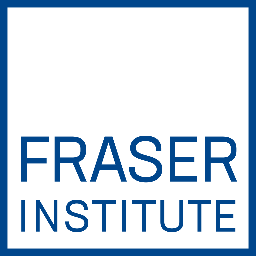
Fraser Institute
Institute for Economic Affairs
Institute of Public Affairs
Foundation for Economic Education
Acknowledgements
Made possible by generous grants from the Lotte and John Hecht Memorial Foundation, the John Templeton Foundation, and the Peter and Joanne Brown Foundation.






